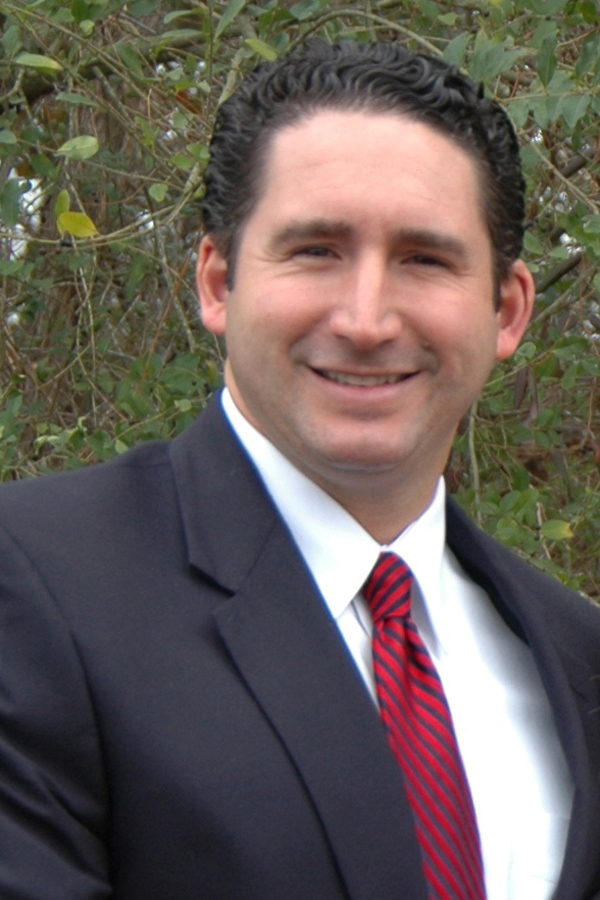Finding allergy relief could be more difficult for Tennesseans under proposed regulations
Friday, January 1, 1904
STATE'S TOP METH COUNTIESBy lab seizure numbers through September in 2012, these are Tennessee's top meth counties:1. Anderson -- 1152. Hamilton -- 673. Shelby -- 614. Coffee -- 515. McMinn -- 496. Bradley -- 467. Warren -- 458. Campbell -- 42
Three Tennessee cities, including Chattanooga, made the top 11 of the nation's 100 fall allergy capitals.
With the sneezing and wheezing season upon us, a national group of allergists and asthma specialists are touting these numbers, and actively opposing proposed legislation that would make over-the-counter medications containing a major meth ingredient available by prescription only.
"Perhaps more than any other state, Tennessee residents have it rough when it comes to asthma and allergy symptoms," said Mike Tringale, vice president of external affairs at the Asthma and Allergy Foundation of America.
Because residents already are burdened in a state that is a hotbed for allergies, they should not be limited when they need medication immediately, he said.
Knoxville, Memphis, Chattanooga and Nashville are the 3rd, 8th, 11th and 36th "most challenging places to live with fall allergies," according to the foundation's 2012 analysis of three factors: pollen scores, allergy medications used per patient and number of allergy specialists per patient.
But law enforcement officials think a stuffy head isn't all the Tennessee and Asthma and Allergy Foundation should worry about.
With 1,344 meth lab seizures in the year through September, Tennessee is on track to be "a high third and likely second in the country" for methamphetamine problems, said Tommy Farmer, director Tennessee Meth & Pharmaceutical Task Force.
Hamilton, Bradley, McMinn and Warren counties are among the state's top 10 counties for meth seizures, according to task force records.
But the state's law enforcement this past year lost its attempt to have the pseudoephedrine, a component of many over-the-counter allergy and congestion medications, returned to prescription only status.
Instead the General Assembly toughened the existing sales tracking law for drug.
For now, at least, it's unclear whether Tennessee will follow the examples of Oregon and a few other states that have made the drugs accessible only with a doctor's authorization.
Hotbed of sneezing
When it comes to allergy irritants, Tennessee has it all.
The Volunteer State is square in the middle of the Southeast and is rich in rivers that give the state lots of habitat for an incredible array of plants, animals, insects, mold and mildew.
"We have a huge amount of pollen-making trees and plants, and right now ragweed is a big problem," said Chattanooga allergist and immunologist Marc Cromie.
"The only reason we [Chattanooga] are not No. 1 [on the foundation's allergy capitals list] is because we have more allergists in town now than we've ever had," he said.
Cromie said the city has one allergy and immunology specialist for every 100,000 patients.
But he said the allergists in his group, the Chattanooga Allergy Clinic, don't often recommend over-the-counter medication.
"For most of the patients I see, that's not a staple. What we use is a nasal steroid," he said, adding that drugs with pseudoephedrine, such as Claritin-D, don't really treat allergies, but rather the symptoms of congestion and sinus pressure.
Cromie acknowledged that patients tend not to like the nasal steroids, and only about 30 percent of patients continue to use them.
He said he has one patient whose family uses over-the-counter medications seasonally. She recently was questioned by authorities, he said, though she's certainly not a problem buyer of pseudoephedrine.
The Asthma and Allergy Foundation of America's Tringale said the group doesn't mean to lessen Tennessee's concern over meth.
"Make no mistake, we think of meth as a scourge, much like the people of Tennessee do," he said.
"But we did a survey of allergy and asthma sufferers that 71 percent said they do not want these medications restricted. When they have a problem, they have an immediate need. And they need immediate access," he said.
Tennessee Sen. Randy McNally, R-Oak Ridge, said he had supported making pseudoephedrine medications prescription-only.
"It's a complex problem," said McNally, who also is a pharmacist and the chairman of the Senate Finance Committee.
McNally isn't quite ready to give up the fight.
"I think it would be interesting to see if the Asthma and Allergy Foundation is supported by the makers of pseudoephedrine," he said. "I'll be talking with the governor's office and Tennessee Safety Commissioner Bill Gibbons."
On the group's website, at least one company that makes over-the-counter medications containing pseudoephedrine is listed on the "sponsors and supporters" page.
Tennessee also has a narcotic drug problem and pain medication drug problem, McNally said.
"I think the administration will come with a comprehensive bill," he added. "It seems like we're just always playing catch-up, and the really core problem is the individuals' demand."

